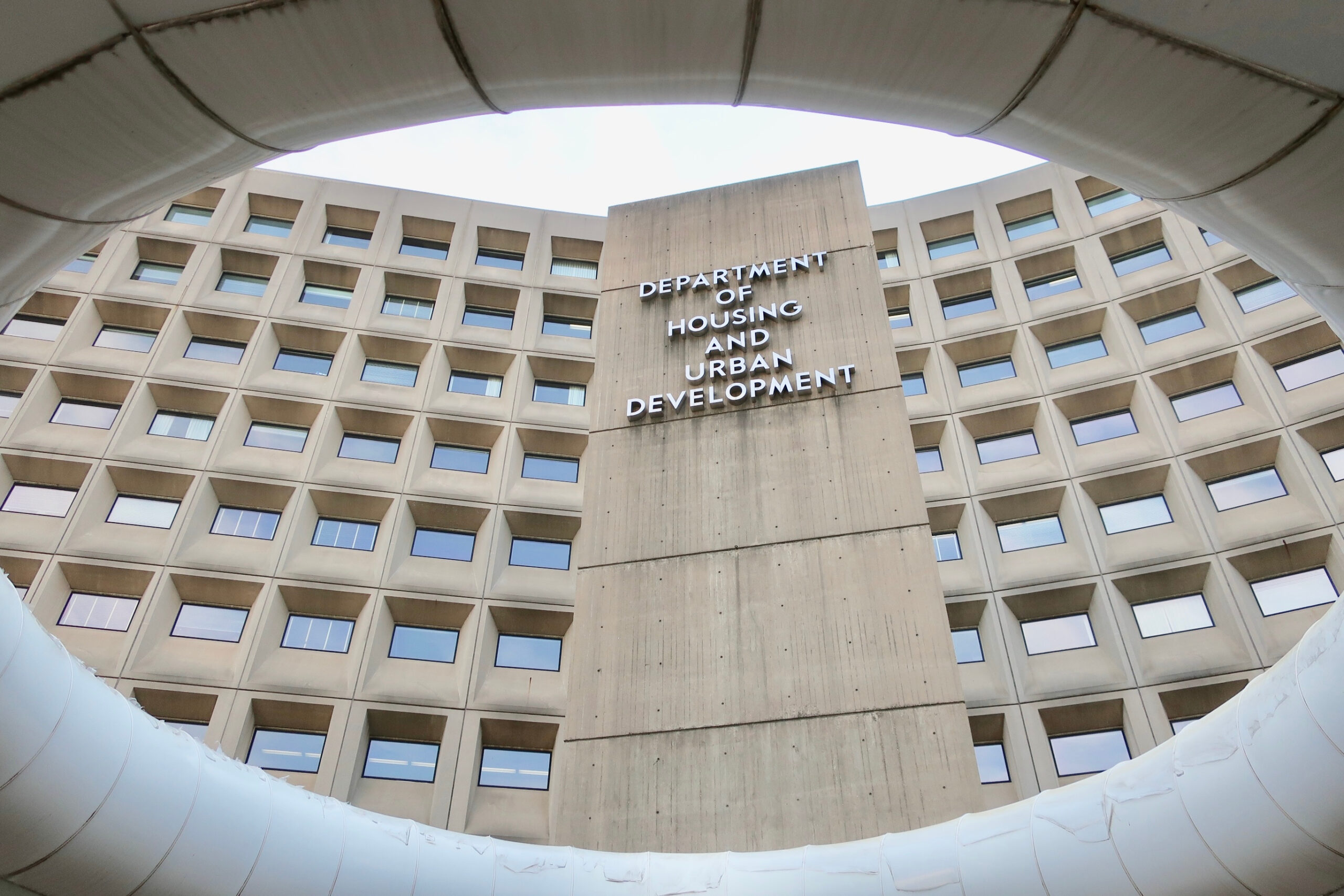HUD Removes Cap on LIHTC Loans to Encourage Larger-Sized Affordable Investment

Last month, the Department of Housing and Urban Development (HUD) announced the removal of the $25 million loan amount cap for transactions under the Low-Income Housing Tax Credit (LIHTC) Pilot Program. Heralded as a massive win for affordable housing, this opens the door to more investment in a sector where tenant demand outweighs available supply.
Rising Costs Prompt HUD’s Decision
As construction and development costs climbed in recent years, many deals that fit LIHTC’s requirements became ineligible for expedited HUD processing because they exceeded the $25 million cap. Under this new HUD policy, more developers will be eligible to receive the benefits of a government-sponsored program aimed at encouraging affordable housing development and preservation in a timely fashion.
“This change signals that HUD is realizing across the board that the environment has changed significantly, and projects are starting to cost more, and they’ve increased their willingness to listen to the industry,” said Brian Blue, Managing Director, Affordable Housing & FHA Operations.
What Is the LIHTC Pilot Program?
Created in 2012, the Pilot program was designed to streamline the processing of Federal Housing Administration (FHA)-insured mortgages for transactions with a LIHTC equity component. HUD’s goal is to offer a distinct application platform intended to accelerate closing timelines to better align the FHA underwriting process and approvals with the LIHTC program requirements and deadlines.
Tax credits from the LIHTC program provide a dollar-for-dollar reduction in an investor’s tax liability in exchange for an equity investment in the transaction. Properties using these credits must generally cap rents for the majority or all the units at a certain percentage of a location’s area median income (AMI).
“The pilot program gives experienced developers priority as opposed to a standard project which allows these developers to hit the very regimented timelines within either a bond finance transaction or 9% tax credit transaction,” said Blue.
Some affordable housing projects are eligible for long-term tax exemptions through state agencies, said Brett Neely, Senior Vice President, FHA Chief Underwriter. “Long-term tax exemptions potentially allow us to underwrite lower taxes within the deal,” he said. “That boosts your market value and cash flow, which in turn successfully boosts your loan proceeds from an underwriting perspective and closes the gap even more.”
“These have been a huge benefit to us to meet customer needs in this unfriendly interest rate climate and use these exemptions to try to mitigate that,” said Neely.
Investment in Affordable Housing to be Prioritized
The program aims to speed up the processing time for FHA-backed deals that use housing tax credits. Affordable housing developers historically had difficulty using HUD loans because they faced tight deadlines with the LIHTC and were discouraged by the agency’s extended processing timelines.
“With huge 35- or 40-year amortization terms, developers will take on that cost risk, but timing is everything,” said Neely. “It’s about when they want to put a shovel in the ground or if they have maturing debt happening, and removing this cap helps larger projects get that streamlined processing.”
The program has two modified processing tracks for HUD 221(d)(4) and 223(f) new construction and substantial rehabilitation projects:
- Expedited Approval Process track: 30 days from application submission to commitment, targeted 60 days from commitment to loan closing.
- Standard Approval Process track: 60 days from application submission to commitment, targeted 60 days from commitment to loan closing.
Both tracks eliminate the need for a pre-application. “Instead, you can go straight to a firm application after you do your concept meeting,” said Blue. “That generally reduces transaction timeline processing because you’re doing it all in one swath, not submitting some of your information, waiting for a response and then going to your firm application.”
“It also gives HUD an avenue for affordable deals to get priority, but it also separates those deals that HUD deems a little riskier from those that are a little less risky.”
HUD Proactively Addresses Challenges in Affordable Housing Development
With HUD’s decision, the agency is signaling its analysis showed that the risk involved in the cap removal is not greater than the reward, said Neely. “And at the same time, they’re following their mission statement to increase affordable housing development and the workforce centered around that, and these are ways to do it.”
Arbor was named a Top 20 FHA Lender in 2022 and is an approved FHA Multifamily Accelerated Processing (MAP) Lender. Our experienced team has a strong reputation for smoothly and successfully closing affordable housing loans.
Contact us today to connect with one of our expert loan originators.
Interested in the multifamily real estate investment market? Contact Arbor today to learn about our array of multifamily, single-family rental, and affordable housing financing options and view our other market research and multifamily posts in our research section.

